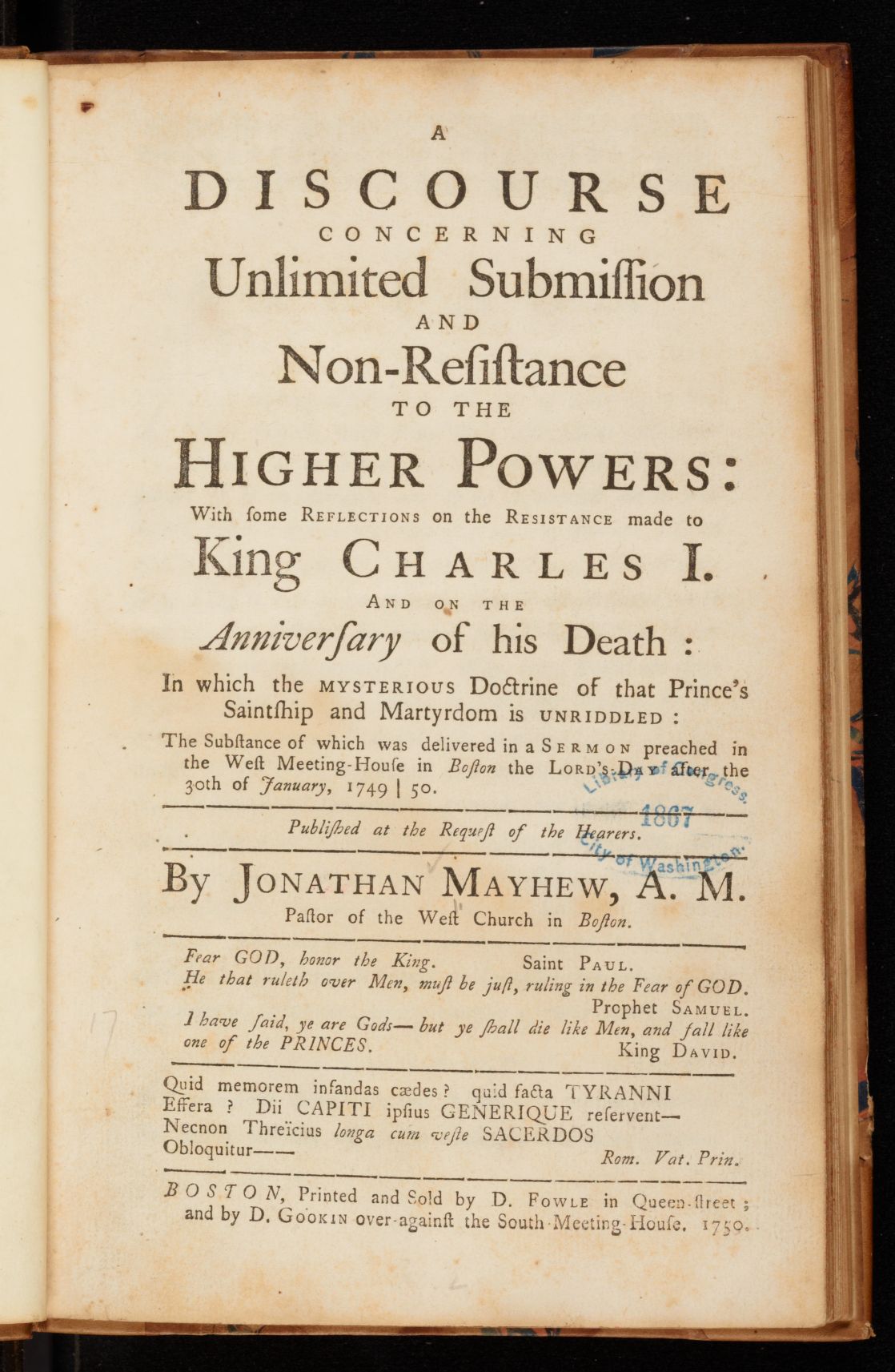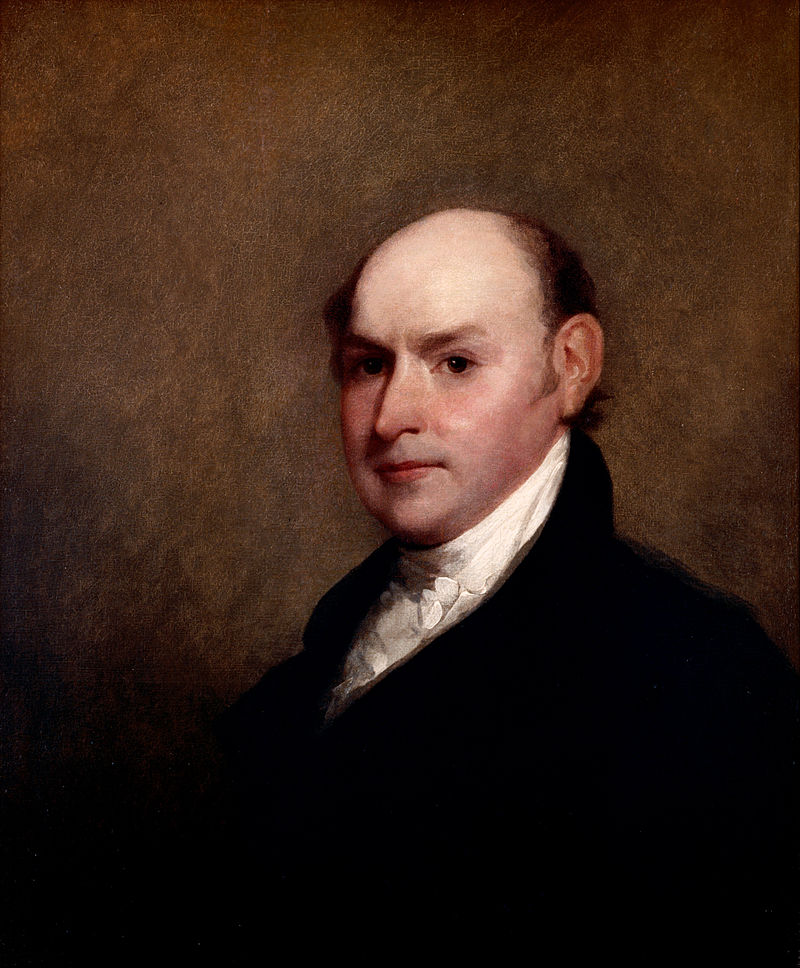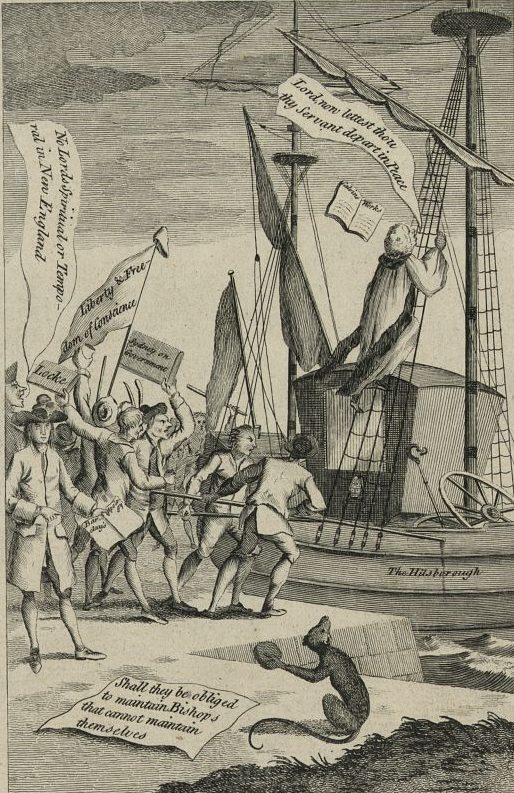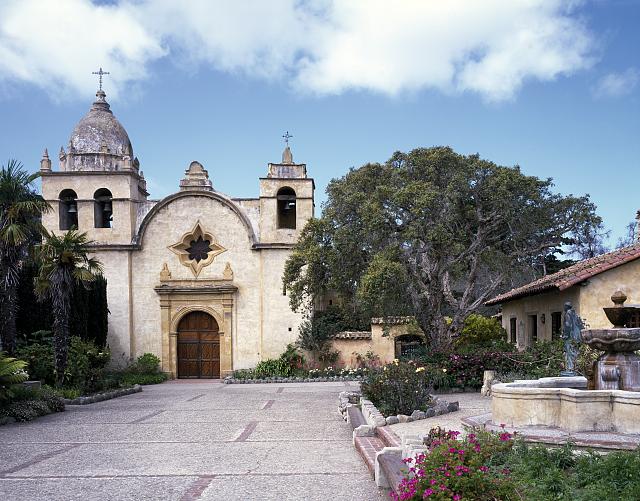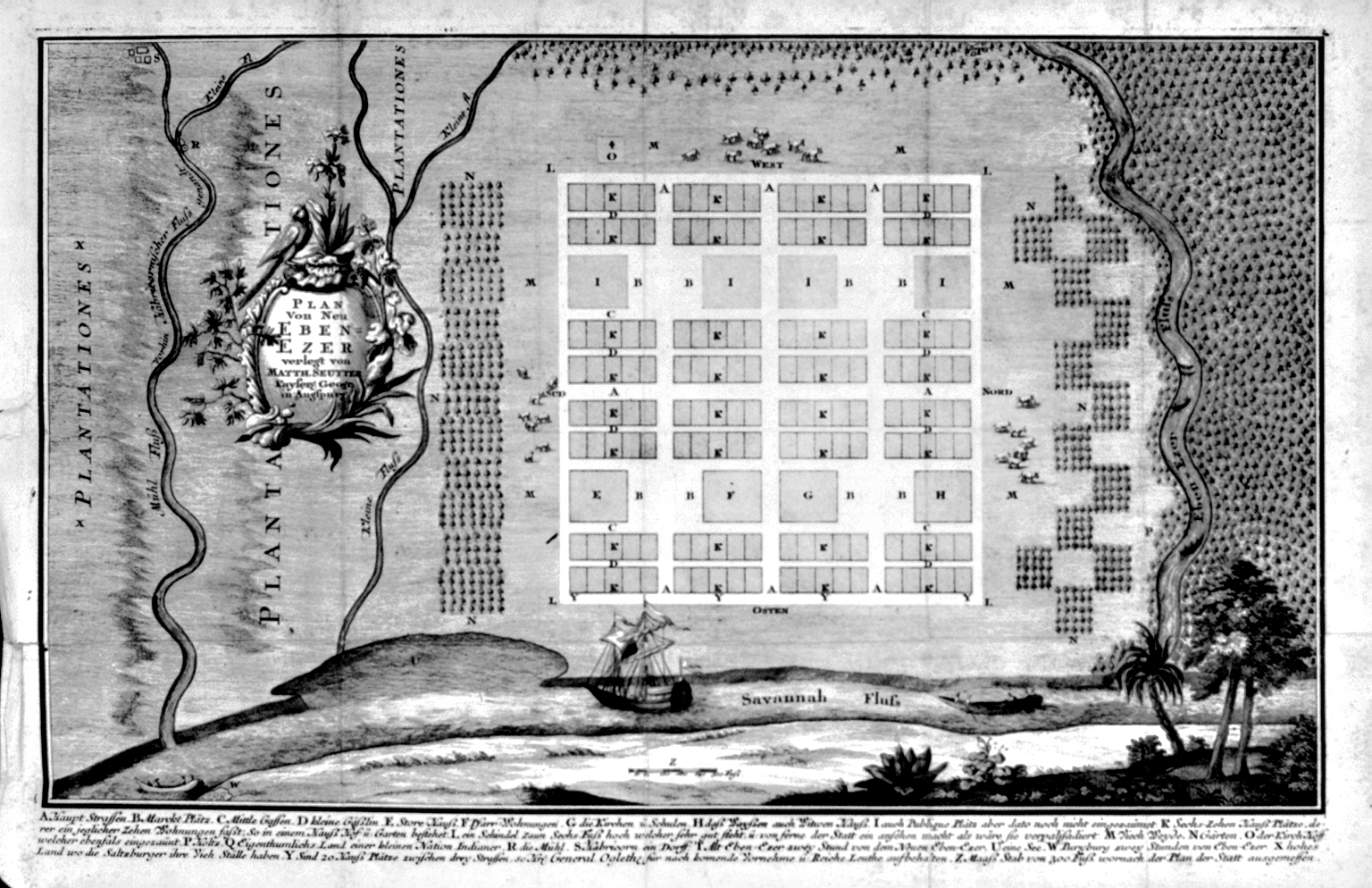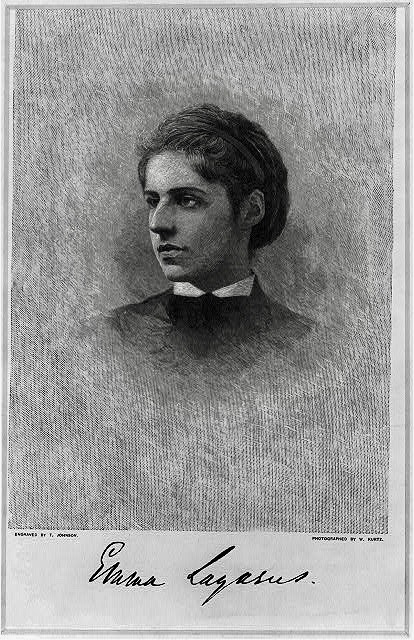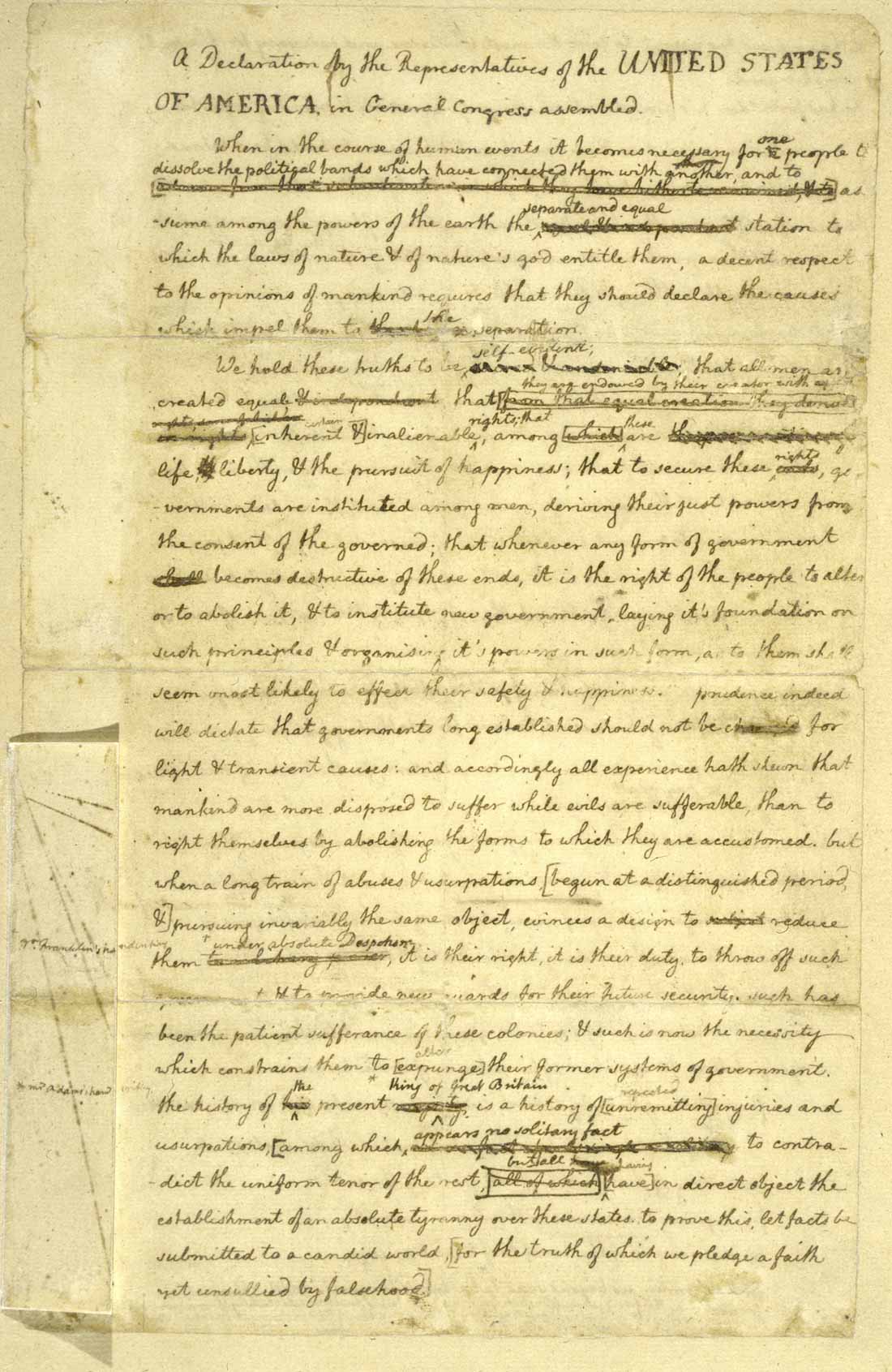Roger Williams to John Winthrop
Roger Williams
c. September 1636
Although recently exiled from the Massachusetts Bay Colony, Williams maintained a cordial relationship with John Winthrop, and here writes to him for advice about how best to order the government of his own fledgling settlement in Providence, Rhode Island.
…The condition of myself and those few families here planting with me, you know full well: we have no Patent: nor doth the face of Magistracy suit with our present condition. Hitherto, the masters of families have ordinarily met once a fortnight and consulted about our common peace, watch, and planting; and mutual consent have finished all matters with speed and peace.
Now of late some young men, single persons (of whom we had much need) being admitted to freedom of inhabitation, and promising to be subject to the orders made by the consent of the householders, are discontented with their estate, and seek the freedom of vote also, and equality, &c.
Besides, our dangers (in the midst of these dens of lions) now especially[1], call upon us to be compact in a civil way and power.
I have therefore had thoughts of propounding to my neighbors a double subscription, concerning which I shall humbly crave your help. The first concerning ourselves, the masters of families, thus:
We whose names are hereunder written, late inhabitants of the Massachusetts, (upon occasion of some difference of conscience,) being permitted to depart from the limits of that Patent, under the which we came over into these parts, and being cast by the Providence of the God of Heaven, remote from others of our countrymen amongst the barbarians in this town of New Providence, do with free and joint consent promise each unto other, that, for our Common peace and welfare (until we hear further of the King’s royal pleasure concerning ourselves) we will from time to time subject ourselves in active or passive obedience to such orders and agreements, as shall be made by the greater number of the present householders, and such as shall be hereafter admitted by their consent into the same privilege and covenant in our ordinary meeting. In witness whereof we hereunto subscribe, &c.
Concerning those few young men, and any who shall hereafter (by your favorable connivance) desire to plant with us, this:
We whose names are hereunder written, being desirous to inhabit in this Town of New Providence, do promise to subject ourselves active or passive obedience to such orders and agreements as shall be made from time to time, by the greater number of the present householders of this Town, and such whom they shall admit into the fame fellowship and privilege. In witness whereof, &c.
Hitherto we choose one, (named the officer,) to call the meeting at the appointed time: now it is desired by some of us that the householders by course perform that work, as also gather votes and see the watch go on, &c.
I have not yet mentioned these things to my neighbors, but shall as I see cause upon your loving counsel. As also since the place I have purchased, secondly, at mine own charge and engagements, the inhabitants paying (by confent thirty shillings a piece as they come, until my charge be out for their particular lots: and thirdly, that I never made any other covenant with any person, but that if I got a place he should plant there with me: my query is this, — Whither I may not lawfully desire this of my neighbors, that as I freely subject myself to common consent, and shall not bring in any person into the town without their consent : so also that against my consent no person be violently brought in and received.
I desire not to sleep in security and dream of a nest which no hand can reach. I cannot but expect changes, and the change of the last enemy death, yet dare I not despise a liberty, which the Lord seemeth to offer me, if for mine own or others peace: and therefore have I been thus bold to present my thoughts unto you.
Notes
[1] At the time Williams was writing, a prolonged military conflict between the English colonists and several native groups known as the Pequot War (which lasted until 1638) had just begun.
Citation
Letters of Roger Williams, 1632-1682, John Russell Bartlett, ed. (Providence: The Narragansett Club, 1874) pg. 4-7.
